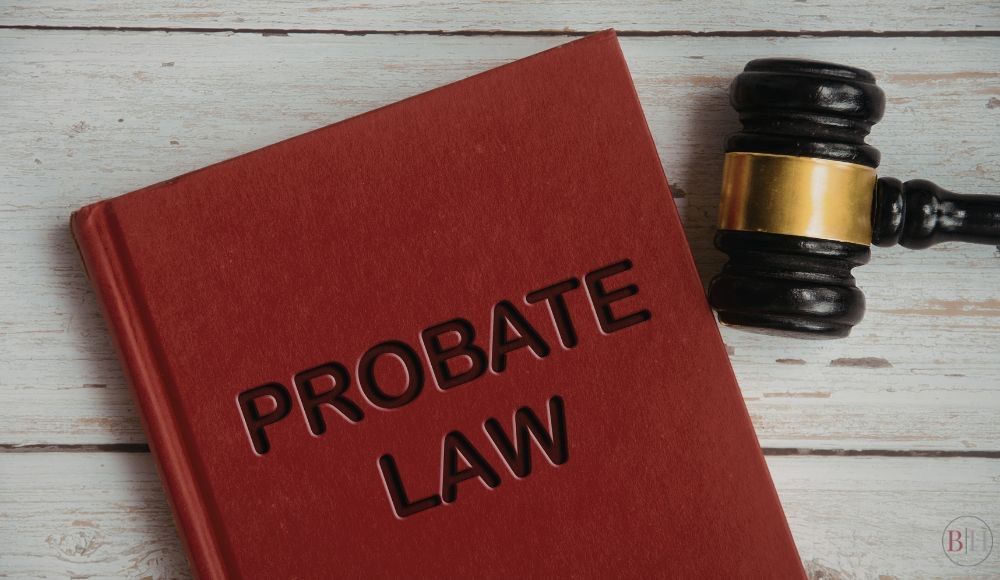The Ins and Outs of Real Estate Co-Ownership

Whether you are about to enter into real estate co-ownership or preparing to sell a co-owned property, the guidance of an experienced Real Estate Attorney may be invaluable. Their expertise can help navigate the complexities of co-ownership, ensuring a smooth and legally sound transaction.
Today, numerous scenarios could lead to the co-ownership of a property. From inheriting a property with siblings to purchasing an investment property with a partner, co-ownership presents both opportunities and challenges. Understanding these potential pitfalls and seeking legal advice to avoid them is crucial.
The key to a successful co-ownership arrangement is proactive planning. By addressing potential issues before entering into co-ownership, you can set clear expectations and avoid future conflicts. For instance, you should establish the percentage of ownership for each party, clarify responsibilities for property upkeep, and plan for potential changes in ownership. This level of preparation empowers you to make informed decisions and ensures a smoother co-ownership experience.
Types of Co-Ownership
There are various legal ways to establish co-ownership of a property; each has advantages and disadvantages. To navigate this complex landscape, it is wise to seek the guidance of an experienced Real Estate Attorney. Their expertise can help you determine the best approach for your unique situation, giving you the confidence you need to proceed.
- Tenancy in Common (TIC)
With TIC, you do not need to be married; you can establish as many owners as you want, and each owner can own a different percentage ownership of the property. For example, one person can own 70% of the property, and another can own 30%. Responsibilities for maintenance and upkeep and the right to use and occupy the property can be established between the owners.
With TIC, each owner can freely transfer their share of ownership to whomever they choose. It is important to note that with TIC, there are no rights of survivorship, which means if one owner dies, their share of the property goes to whomever the deceased has designated in their will (and may not be the other co-owners). In PA, if the deceased co-owner does not have a will, their share of the property is distributed based on intestate succession laws.
- Joint Tenancy With Right of Survivorship
Joint Tenancy does not require the co-owners to be married. All owners share equal rights (even if one party provided most or all of the down payment, maintenance costs, etc.) unless otherwise agreed. If one owner dies or becomes incapacitated, ownership of the property goes to the other owner. Joint Tenancy may be an option for parents who want their children to get their house upon their death because it bypasses the probate process. Use of this method by parents needs to be discussed with an attorney to ensure it is right for the particular situation.
- Tenancy by Entirety
Tenancy by entirety is permitted for legally married couples in Pennsylvania. This type of ownership considers the couple as one individual owning the property. Ownership automatically transfers to a spouse upon the death of the other one. Creditors of one spouse may not seek to execute against property owned by both spouses as a joint tenancy by entirety. - Corporation Ownership
"Ownership in real estate can be done as a corporation, whereby the legal entity is a company owned by shareholders but regarded under the law as having an existence separate from those shareholders," Investopedia explains. This type of co-ownership may provide privacy, personal liability protection, flexibility, and estate planning benefits.
- Partnership Ownership
"A real estate partnership is an investment strategy that integrates the strengths of two or more investors into a single property. Typically, partnerships are categorized as either active (also called general) or passive (also known as limited)," Rocket Mortgage explains. "Active partnerships are where all parties are equally responsible for day-to-day management, while passive partnerships are used as a means to raise capital from investors who are not as involved." This type of co-ownership offers benefits, such as payment flexibility, but it also increases the potential for conflict and a disproportionate level of involvement.
Disagreements Over Selling a Co-Owned Property
Issues can arise when co-owners disagree about selling a property. For example, let's say three siblings inherit their parents' home. Two siblings want to sell the property immediately, and one wants to keep it.
Depending on the type of co-ownership, there are options to resolve the legal conflict:
- A Buyout
In the above scenario, one sibling can buy the other two out if they have the money, the other siblings agree to it, and they can all agree on the property's value.
- Legal Action
In PA, one co-owner can request a partition action. This may result in the sale of the property. This approach can be expensive and take a long time to resolve.
Avoid Costly Real Estate Mistakes
Whether buying, selling, leasing, developing, managing, or financing a real estate project (especially if it's a co-ownership), the experienced real estate attorneys at Bingaman Hess can help you navigate the process. Our goal is to process your real estate transaction as efficiently as possible to a successful resolution. When legal disputes occur, our real estate litigation attorneys can help resolve those disputes through mediation, arbitration, or, when necessary, in court.
Contact the Real Estate Attorneys at Bingaman Hess today at 610.374.8377 or find us online.









